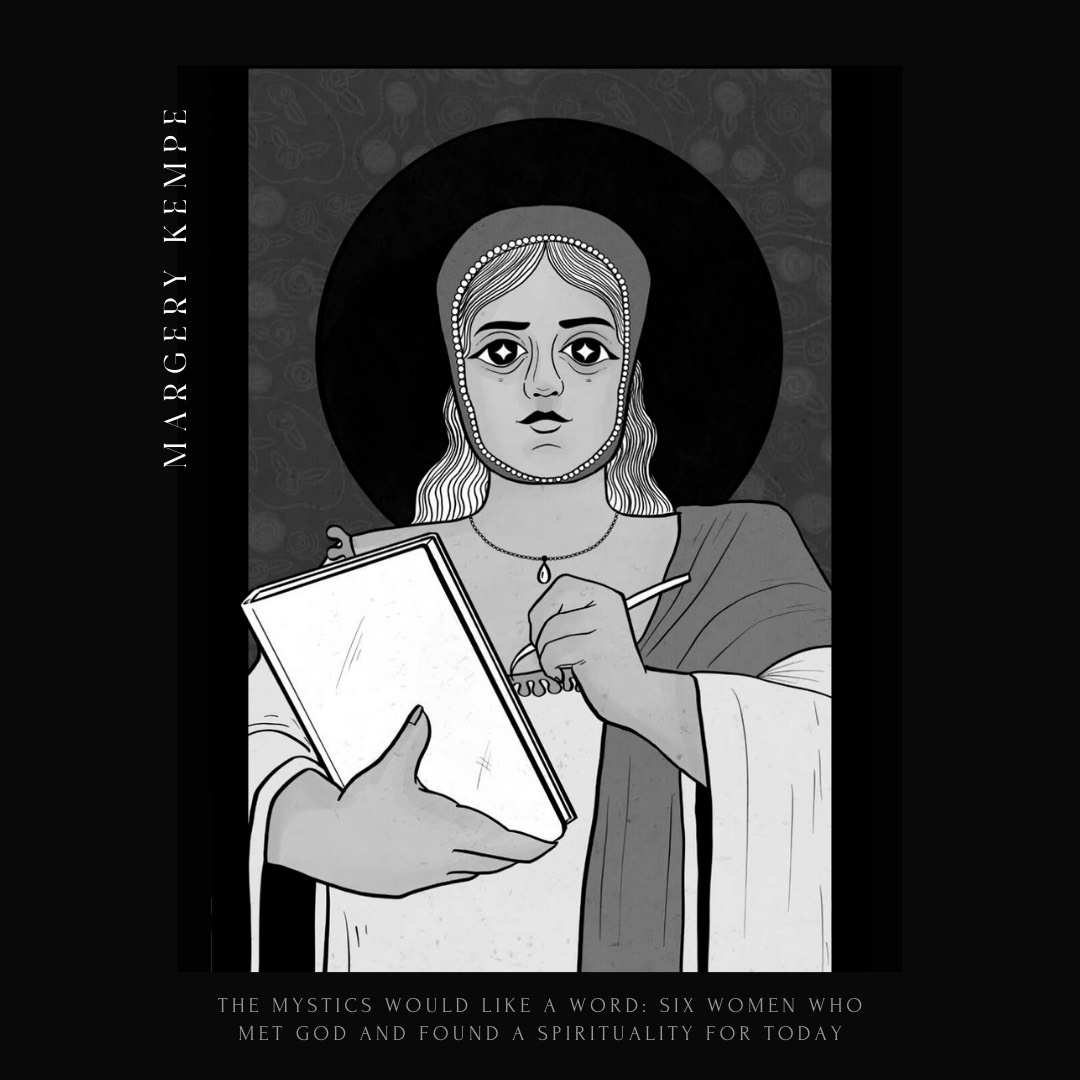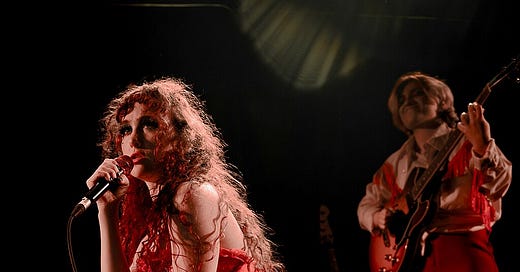Our society has been obsessed with female virginity since the dawn of patriarchy.
In the Middle Ages, young women of class underwent mandatory medical examinations to confirm their “purity” before being given in marriage. When I was coming of age in the late ‘90s and early ‘00s, teenage celebrities like Britney Spears, Jessica Simpson, and Christina Aguilera were subjected to frequent media questions about whether they were saving sex for marriage. In 2019, rapper TI made headlines when he revealed on a podcast that he annually took his teenage daughter to the gynecologist to check whether her hymen was still intact.
Modern medical professionals and sociologists agree that virginity is not measurable; they say it’s a social construct, and a sexist and homophobic one at that. I agree.
But this week, emerging pop star Chappell Roan demonstrated the boldest expression of virginity I have seen in a good long while.
Yes, that Chappell Roan.
After an astronomical rise to fame this summer, Chappell took to TikTok and Instagram to level with her fanbase about how she is and is not willing to be treated. On her IG account, she wrote:
“I need to draw lines and set boundaries... I’ve been in too many nonconsensual physical and social interactions... I chose this career path because I love music and art and honoring my inner child, I do not accept harassment of any kind because I chose this path, nor do I deserve it… I want to love my life, be outside, giggle with my friends, go to the movie theater, feel safe, and do all the things every single person deserves to do… Please stop touching me. Please stop being weird to my family and friends.”
And then, the kicker:
“There is a part of myself that I save just for my project and all of you. There is a part of myself that is just for me, and I don’t want that taken away from me.”
Folks, that right there is our Virgin.
In the Jungian lexicon, the Virgin is the archetype of self-belonging. She (or he or they, for gender is irrelevant in archetypal language) is the property of no one; she alone determines her path, wholly intact with the wisdom and discernment within. In contrast to the more well-known Hero’s Journey, which is an external mission, the Virgin’s Journey is internal; the quest to know and trust herself fully and without compromise. Kim Hudson, author of The Virgin’s Promise, says, “The Virgin must answer the question: Who do I know myself to be and what do I want to do in the world, separate from what everyone else wants of me?”
We see this archetype show itself consistently throughout human history in myths, folklore, fairy tales, and yes, even Bible stories. (Is there a more quintessential Virgin than the one who conceived and birthed the Divine solely through the power of her own communion with God?) But sometimes, when we’re lucky, we get a real-life figure who embodies true Virginity right before our eyes.
This week, it was Chappell Roan. In the 15th century, it was Margery Kempe, a mystic and author of the world’s first memoir. In her 40s, as a married mother of 14 and survivor of prolonged sexual assault, Margery took a vow of chastity and set out to travel the world on spiritual pilgrimage dressed entirely in white, a symbol of virginity, creating her own rules and boundaries about what her life would be.

She was publicly mocked, put on trial, and even threatened with death — largely because men in power feared that their wives would be inspired to follow suit. But Margery Kempe stood her ground. She was beholden to no one but herself and couldn’t be intimidated into submission.
What Margery Kempe touched, even without having the language to articulate it, is the Virgin archetype within each of us that directs us to the most honest and sure parts of ourselves — and, by extension, to our truest relationship with the Divine. The patron saint of the only kind of virginity that matters.
In The Mystics Would Like a Word, I devote an entire chapter to Margery’s embodiment of this archetype and how important it has been for my own self-awakening. My sincerest hope is that her story moves you as well. I think it will. Promise to tell me about it after you read?
12 more days!
Love,
Shannon




I saw things I have heard many times in a new way. Love this part: Mary conceived and birthed the Divine solely through her own communion with God.
I have long felt undermined, queasy as our Catholic calendars name feasts simply, "St. Josephine Bakhita, Virgin." Why do only women's sexual choices get highlighted? What does that have to do with her holiness? (I'm not even going to why Mary wasn't allowed to enjoy the pleasures of sex after Jesus...)
Thank you for being a courageous voice, so needed as I look at my daughters, beginning to pull at this thread in an acceptable way for the first time.